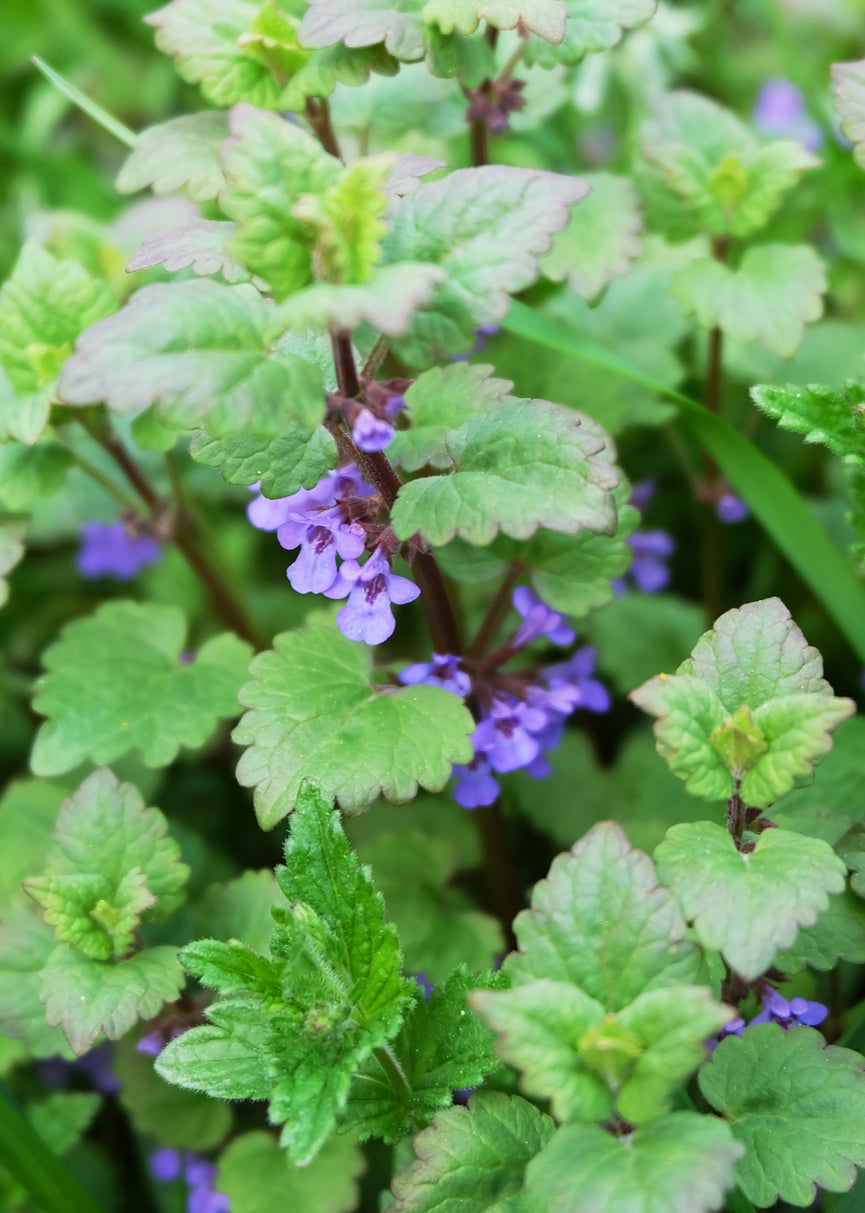
Sign up for the Gardening Know How newsletter today and receive a free copy of our e-book "How to Grow Delicious Tomatoes".
You are now subscribed
Your newsletter sign-up was successful
Catnip, Nepeta cataria, is a hardy, perennial herb that will drive your feline friends wild. It is a no-fuss, easy-to-grow member of the mint family that requires little maintenance. What about pruning catnip plants though? Is cutting back catnip necessary? Read on to find out about pruning catnip plants and, if need be, how to prune catnip.
Should I Prune Catnip?
Catnip will grow well in almost any soil but prefers a moderately rich loam that is well-draining. This herb prefers full sun but will tolerate partial shade. Water young plants twice a week but as they establish, reduce watering to once a week depending upon weather conditions.
Really, that’s about it with regards to caring for these herbs, with the exception of pruning catnip plants. If you’re asking, “When should I prune catnip?” or even why, then here’s your answer:
Catnip blooms and sets seeds profusely and, as such, is a rather aggressive self-sower. If you do not want catnip all over the place, it is best to prune the flowers as they begin to fade before they go to seed.
How to Prune Catnip Plants
Once the herb flowers, catnip tends to look downright scraggly. Cutting back catnip will restore the plant. Prune after the first round of blooming to encourage a second flowering prior to winter.
Then, after the first frost, you can cut the plants down 3 to 4 inches (8-10 cm.) in height, which will encourage new growth in the spring.
Staying on top of catnip pruning is a great way to keep the plant in bounds. Keep in mind, however, that catnip can also be easily grown in containers too.
Sign up for the Gardening Know How newsletter today and receive a free copy of our e-book "How to Grow Delicious Tomatoes".

Amy Grant has been gardening for 30 years and writing for 15. A professional chef and caterer, Amy's area of expertise is culinary gardening.
